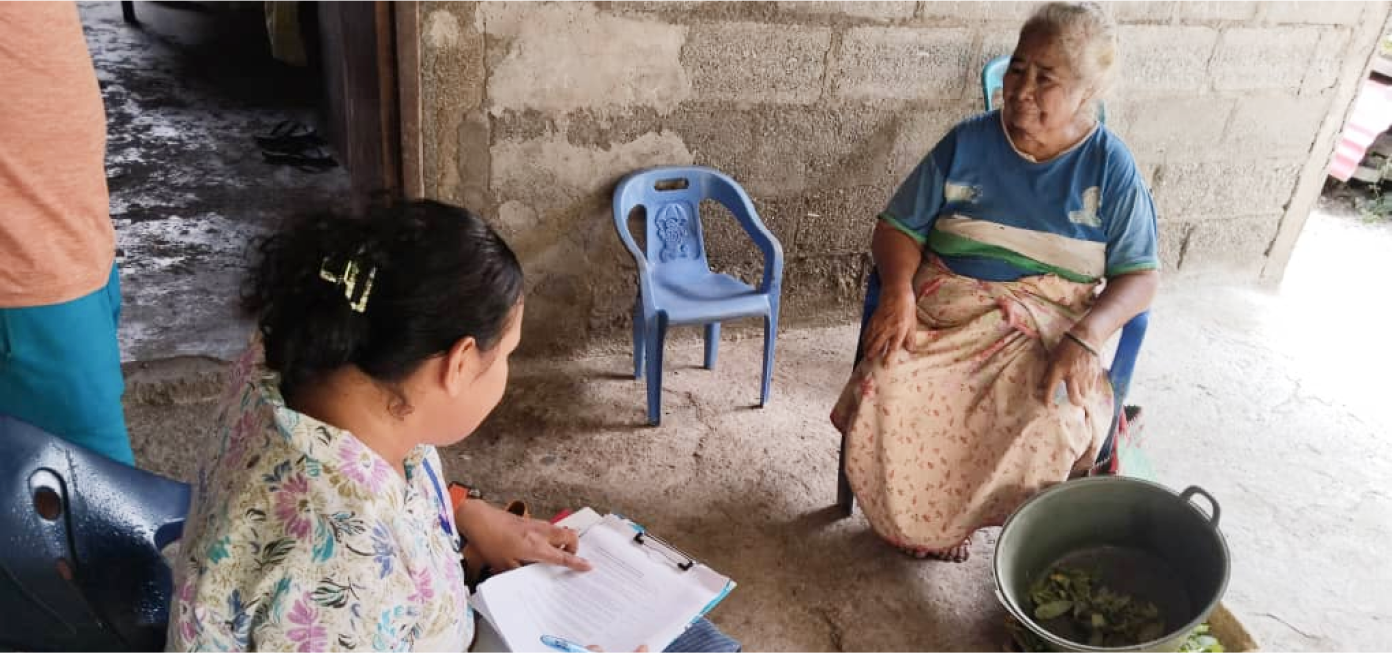Through its partnership with the Women Jurists Association of Timor-Leste (AFJTL), UNDP strengthened community-based mechanisms for alternative dispute resolutions. Fourteen young women lawyers from AFJTL improved their skills for community interaction through training which helped to ensure that community-based informal justice practices are consistent with human rights and gender sensitive. Seven of those trained established a paralegal network to promote community-based alternative dispute resolution. Almost 200 community leaders (28 percent women) benefitted from training sessions delivered through the network.
UNDP’s support enabled over 30 awareness-raising sessions in nine villages, including for community-based groups of women and youth, as well as sessions in schools. Over 700 people participated in the sessions, 43 percent were women, 12 of the participants were persons with disabilities and seven individuals who identified themselves as transgender persons.
UNDP enhanced the capacity of the Land and Property Commission and leveraged its position among national stakeholders to ensure the effective resolution of land disputes, in line with a human rights-based approach.
Since its independence was gained in 2002, Timor-Leste has undergone dramatic changes. Its justice system continues to face serious challenges, such as limited institutional capacity and lack of access to formal justice mechanisms. Only 35 judges and 35 public defenders are available nationwide to provide legal aid and access to justice for 1.3 million people, many of whom have economic constraints and live in areas where public transport is either too expensive or unavailable. In addition, since formal legal procedures are lengthy and often unclear, most disputes are resolved through community-based informal mechanisms.
Tailoring its interventions to the local context, UNDP implemented a project to strengthen alternative dispute resolution to increase access to justice, with a focus on women and excluded groups. The project was funded through UNDP’s Global Programme for Strengthening the Rule of Law, Human Rights, Justice and Security for Sustainable Peace and Development (the Global Programme). Two key partnerships defined the project’s success: with the Women Jurists Association of Timor-Leste (AFJTL) and the recently established Land and Property Commission.
INFORMAL JUSTICE MECHANISMS
With UNDP’s support, the AFJTL enhanced its internal capacity by training 14 young women legal professionals to better adapt their skills for community interaction and to ensure that community-based informal justice practices are consistent with human rights and are gender sensitive. Seven of those who received training established a paralegal network to promote community-based alternative dispute resolution (ADR). As ADR officers, they worked in seven municipalities (Ainaro, Baucau, Liquica, Manatuto, Manufahi, Oecusse and Viquque) to capacitate community leaders, raise awareness and monitor informal justice practices. Since all the AFJTL paralegals are members of local communities, they built effective collaboration with community leaders which enabled their effective work.


